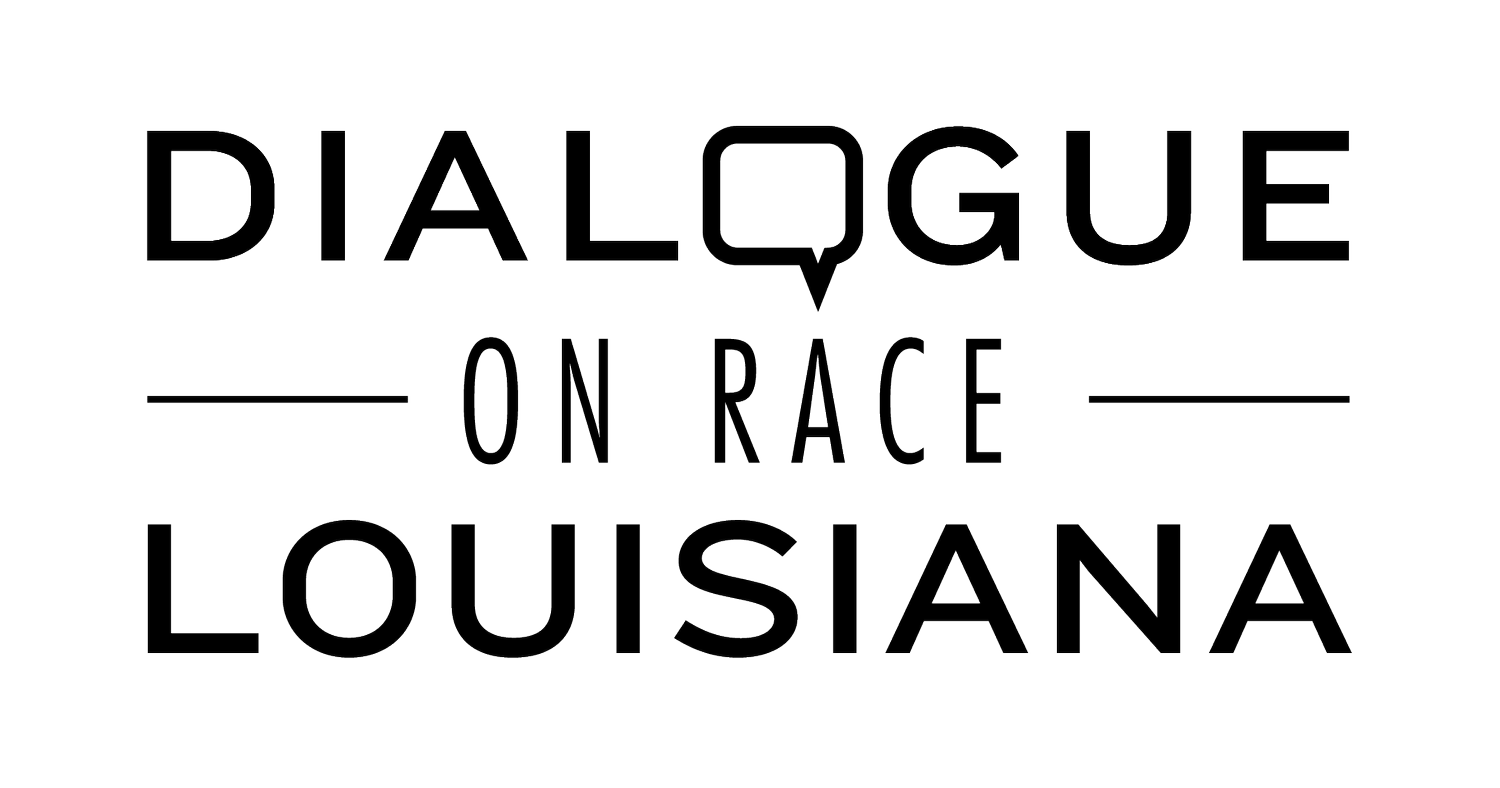Unveiling the Subtle Narratives: What People Say About Race in Their Cities
Author: Jasmine Pogue, DORLA's Facilitator Coordinator
As the Facilitator Coordinator at Dialogue on Race Louisiana (DORLA), Jasmine plays a pivotal role in recruiting, training, and supporting DORLA alumni as trained facilitators across the United States and beyond. With a deep commitment to fostering open and honest dialogue, Jasmine brings a wealth of knowledge and empathy to her facilitation work.
"When people come to visit your city, what comments do they make about race and your city, and what do they ask?"
This thought-provoking question was posed to participants in the Dialogue on Race Advanced Series that I had the privilege of facilitating during the third session. If you haven't been through the Original Series, this seemingly innocuous question might escape your notice, or you may not have paid attention to the subtle things people say about your city. I found this question deeply impactful because it immediately brought forth a vivid depiction of personal experiences.
As a parent of a neurodivergent child, I recall the challenges we faced within the East Baton Rouge School System when my daughter was diagnosed at the age of five. Struggling to meet her needs, juggle my full-time job, and navigate the demands of the school system during the pandemic, my daughter's experience was far from positive. Even after four years, she still reminds me of how terrible that period was for her.
Now, my family and I live in Massachusetts, and whenever I share our decision to homeschool due to our past experiences with the public schools in Louisiana, I observe a certain judgmental expression on the faces of her medical team. Their immediate response is to praise the greatness of the Massachusetts School system, implying that it must be superior to the schools back home. Such responses reveal the societal perceptions and biases that exist about different school systems based on geographical location.
After the Advanced Series session concluded, I came across an article that gripped my attention. It recounted an incident in Circleville, Ohio, where a young Black man named Jadarrius Rose was mauled by a police dog after surrendering with his hands up. The circumstances surrounding this incident raised profound questions about the role of race in law enforcement actions. The aftermath of this incident laid bare and magnified the profound impact of the narratives we uphold, fortifying the foundations of racism.
Following the incident, Mayor McIlroy of Circleville emphasized that the community is "all-inclusive" and "a great place to live, raise a family, and send kids to school." It struck me that, similar to the medical professionals' reactions, there was an immediate need to share something positive about the city, even in the face of such an event involving racism.
Drawing parallels, I couldn't help but consider the racial disparities present in the Massachusetts school system. Studies reveal that Black and Brown students are four times and three times more likely to be suspended, respectively, compared to their white counterparts. And this data doesn't even account for children of color with disabilities, who face additional challenges.
This incident in Circleville, Ohio, and the educational disparities in Massachusetts prompt us to question the prevailing narratives about race in our cities. What stories are we telling visitors about our communities? How do these stories align with the lived experiences of different racial and ethnic groups?
Engaging in the Dialogue on Race series, participants are encouraged to delve into uncomfortable conversations and confront the stories that shape our perceptions. By participating in the Original or Advanced Series, people can foster understanding and awareness, leading to positive change in our communities.
The power of dialogue lies in its ability to bridge gaps, challenge assumptions, and bring about meaningful transformation. When we actively listen to the stories and experiences of others, we gain a broader perspective that enables us to confront the very roots of racism, which have tightly gripped our nation since its inception.
So, when people come to visit our cities, let's be mindful of the comments they make and the questions they ask. Let's be open to their perspectives and use these interactions as opportunities to learn and grow. By engaging in authentic dialogue, we can shift our conversations into value-creating opportunities for understanding.
If you are ready to join this transformative journey, I invite you to sign up for an upcoming Dialogue on Race Original or Advanced Series. Engage in meaningful dialogue where everyone can be a voice for change.
Ready to Start the Conversation? Sign Up for an Upcoming DORLA Series Today!
If you represent an organization interested in bringing DORLA's dialogues to your employees or members, please contact us to discuss our Business and Organization Programs.
